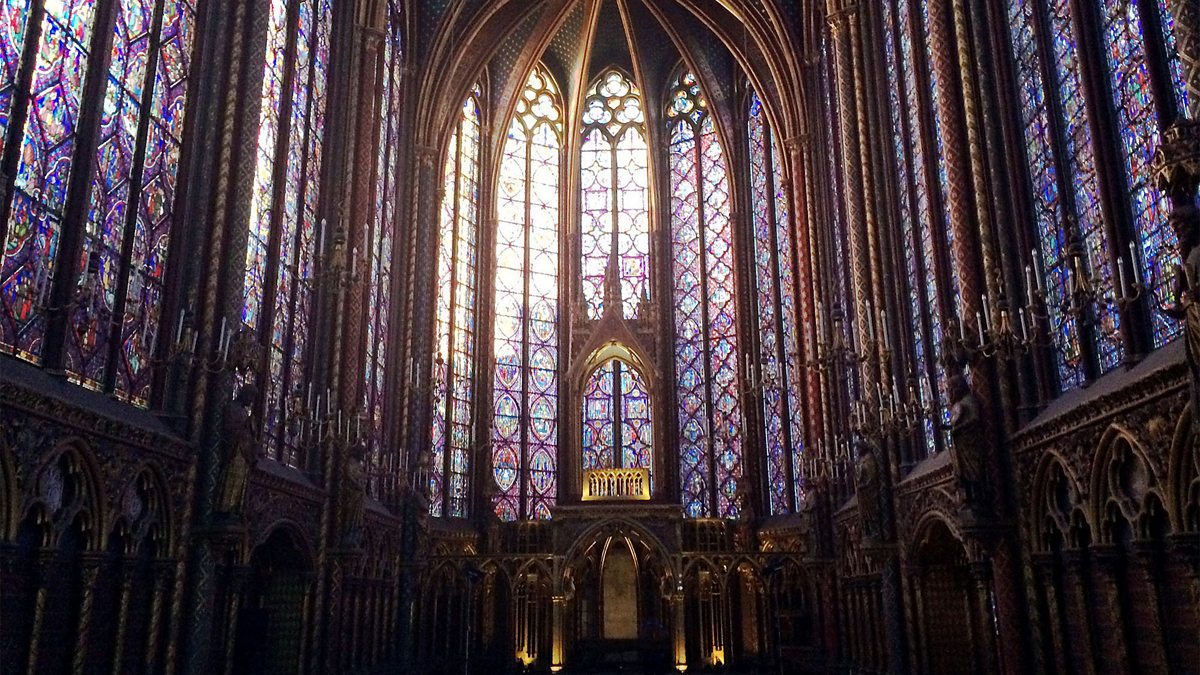I was to go to Bellaghy earlier this month to hear Winterreise with Alice Coote and Julius Drake. It was to be a recital in the context of Heaney's Door into the Dark, his second volume. The singer, whose performance I was interested to see, cancelled - so I did not bother going. I listened instead to DFD and Gerald Moore. One good thing came out of it - I had prepared a short precis of each song for quick consultation at the recital and it was a useful addition while listening to the CD. I found too that I did not need it as much as I had expected.
When I was in my local bookshop last September I bought Opened Ground - Poems 1966 - 1996 - a too thick paperback uncomfortable to handle; so I neglected it until last week. I read the previously unnoticed Author's Note, and discovered a reference to Stations - not Station Island. Written between his second and fourth volumes and published as a pamphlet in 1975, it was a bit like the coming to light of a mythical jazz cylinder by Buddy Bolden. I had never found a copy of Stations.
Here is the first 'verse paragraph' - the first for now:
Nesting-Ground
The sandmartins' nests were loopholes of darkness in the riverbank. He could imagine his arm going in to the armpit, sleeved and straitened, but because he had once felt the cold prick of a dead robin's claw and the surprising density of its tiny beak he only gazed.
He heard cheeping far in but because the men had once shown him a rat's nest in the butt of a stack where chaff and powdered cornstalks adhered to the moist pink necks and backs he only listened.
As he stood sentry, gazing, waiting, he thought of putting his ear to one of the abandoned holes and listening for the silence under the ground.
When I was in my local bookshop last September I bought Opened Ground - Poems 1966 - 1996 - a too thick paperback uncomfortable to handle; so I neglected it until last week. I read the previously unnoticed Author's Note, and discovered a reference to Stations - not Station Island. Written between his second and fourth volumes and published as a pamphlet in 1975, it was a bit like the coming to light of a mythical jazz cylinder by Buddy Bolden. I had never found a copy of Stations.
Here is the first 'verse paragraph' - the first for now:
Nesting-Ground
The sandmartins' nests were loopholes of darkness in the riverbank. He could imagine his arm going in to the armpit, sleeved and straitened, but because he had once felt the cold prick of a dead robin's claw and the surprising density of its tiny beak he only gazed.
He heard cheeping far in but because the men had once shown him a rat's nest in the butt of a stack where chaff and powdered cornstalks adhered to the moist pink necks and backs he only listened.
As he stood sentry, gazing, waiting, he thought of putting his ear to one of the abandoned holes and listening for the silence under the ground.






Comment